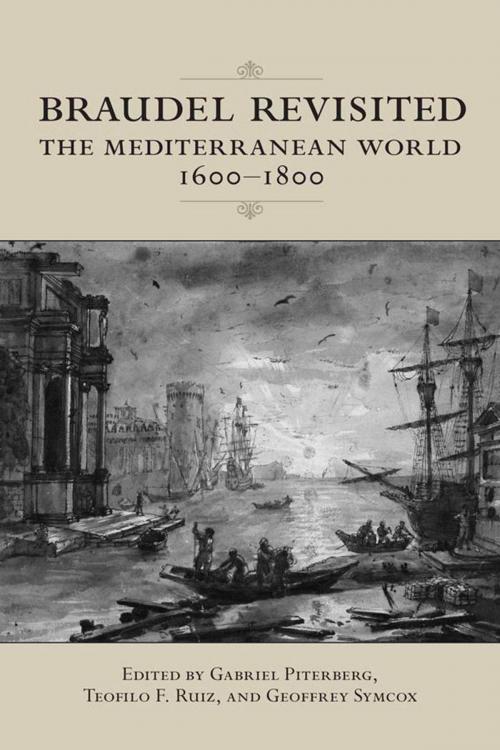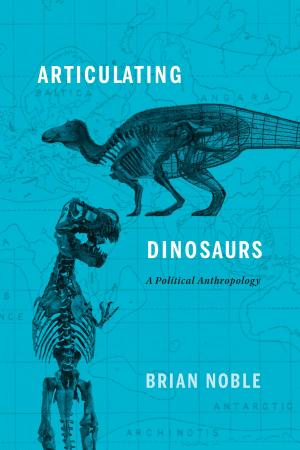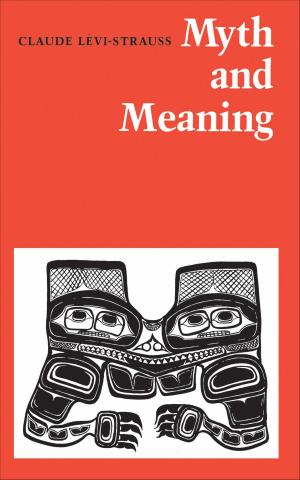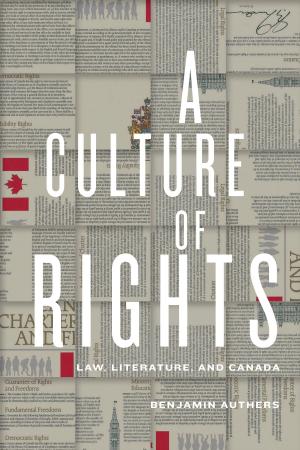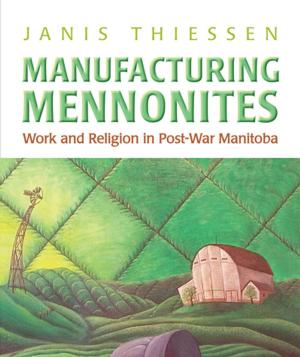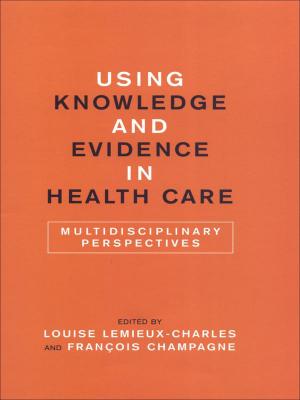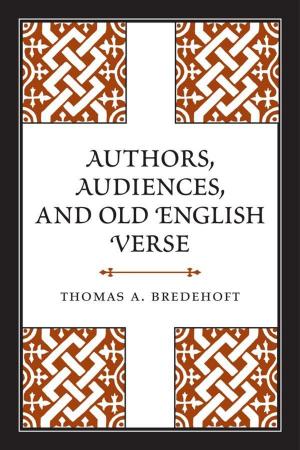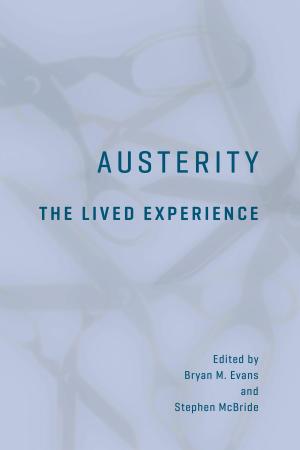Braudel Revisited
The Mediterranean World 1600-1800
Nonfiction, History, Modern, 17th Century, Reference, Historiography, 18th Century| Author: | Gabriel Piterberg, Teofilo Ruiz, Geoffrey Symcox | ISBN: | 9781487511197 |
| Publisher: | University of Toronto Press, Scholarly Publishing Division | Publication: | October 6, 2015 |
| Imprint: | Language: | English |
| Author: | Gabriel Piterberg, Teofilo Ruiz, Geoffrey Symcox |
| ISBN: | 9781487511197 |
| Publisher: | University of Toronto Press, Scholarly Publishing Division |
| Publication: | October 6, 2015 |
| Imprint: | |
| Language: | English |
Fernand Braudel (1912-1985), was a leading French historian and author of, among other books, the groundbreaking The Mediterranean and the Mediterranean World in the Age of Philip II (1949). One of the founders of the Annales School in France, Braudel insisted on treating the Mediterranean region as a whole, irrespective of religious and national divides. Braudel's new historiography rejected political history as the dominant discipline and espoused a 'total history' or a 'history from below' that would tell the story of the vast majority of humanity hitherto excluded from the grand narrative. At the time of the book's appearance, this premise was revolutionary.
The contributors to Braudel Revisited assess the impact of Braudel's work on today's academic world, in light of subsequent methodological shifts. Engaging with Braudel's texts as well as with his ideas, the essays in this volume speak to the enduring legacy of his work on the ongoing exploration of early modern history.
Fernand Braudel (1912-1985), was a leading French historian and author of, among other books, the groundbreaking The Mediterranean and the Mediterranean World in the Age of Philip II (1949). One of the founders of the Annales School in France, Braudel insisted on treating the Mediterranean region as a whole, irrespective of religious and national divides. Braudel's new historiography rejected political history as the dominant discipline and espoused a 'total history' or a 'history from below' that would tell the story of the vast majority of humanity hitherto excluded from the grand narrative. At the time of the book's appearance, this premise was revolutionary.
The contributors to Braudel Revisited assess the impact of Braudel's work on today's academic world, in light of subsequent methodological shifts. Engaging with Braudel's texts as well as with his ideas, the essays in this volume speak to the enduring legacy of his work on the ongoing exploration of early modern history.
